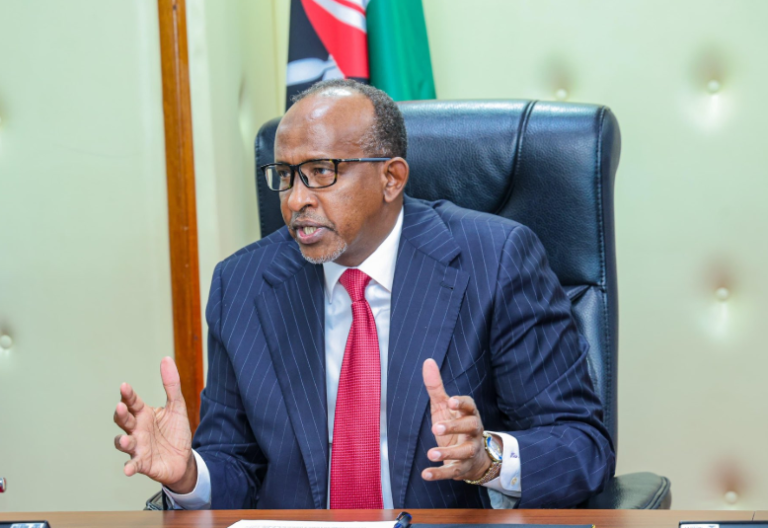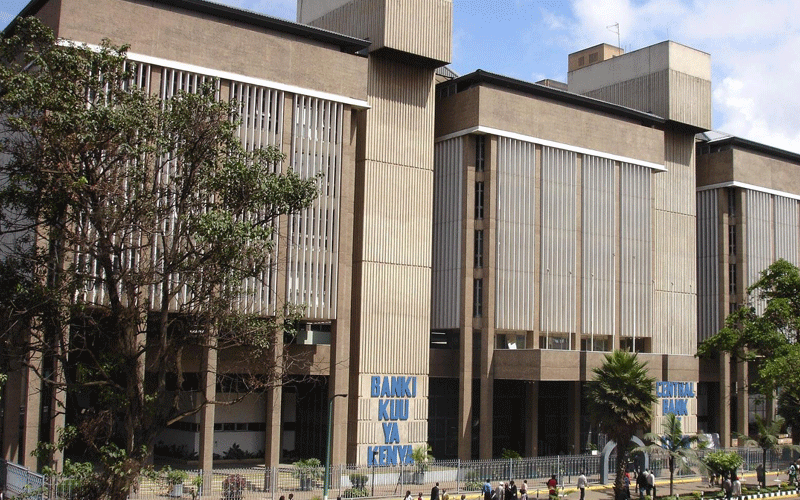Lending to private sector set to soar as economy recovers
By John Otini, August 5, 2021Most banks are likely to lend more to the private sector this August on optimism over economic recovery, Central Bank of Kenya (CBK) has said in its latest Market Perceptions Survey.
About 88 per cent of banks interviewed expected increased private sector credit growth largely pegged on recovery in economic activity in key sectors such as manufacturing, transport and trade.
The expected increase in lending is mainly attributed to easing of Covid-19 restrictions and continued rollout of vaccinations, and expectations of lower credit risk as business operations improve.
In addition, 37 per cent of banks expected introduction of new products and digital solutions targetted at new customers as banks seek to expand their portfolios.
The CBK survey sought to find out from commercial banks by what percentage they expected to grow credit to private sector in 2021 relative to 2020 revealed.
About 31 per cent of respondents expected continued implementation of the government’s Big Four agenda and budgetary allocations to major developments, some of which would be actualised through micro, small and medium enterprises (MSMEs) and small and medium-sized enterprises (SME) funding, to boost private sector credit growth in 2021.
“However, uncertainty due to Covid-19 mutation, containment measures, slow recovery of some sectors, low orders and employment rates in some sectors, were cited as the main risks to economic activity and hence credit uptake in the country in 2021,” CBK says in the survey.
In addition, the risk of a surge in inflation due to rising oil prices and higher taxes were expected to push the cost of living upwards and reduce the disposable income, and consequently the ability to service loans.
The banking sector regulator asked respondents to indicate how the business environment could be enhanced.
Pending bills
They pointed out the need for continued settlement of pending bills by national and county governments to unlock liquidity, as well as the need for additional economic stimulus packages and tax incentives to support business continuity post-Covid-19 pandemic.
Also suggested by the respondents included a quicker roll out of Covid-19 vaccination programme, support for public-private partnerships to enable creation of investment opportunities across all economic sectors and setting up of a centralised collateral registry to improve efficiency.
This is in addition to the need to address cases of over-regulation, which increases the cost of doing business through compliance costs.
Banks also highlighted the need for improved security to deal with cybercrime, and increased efforts to win the fight against corruption.
In addition, the lenders emphasised the need to review taxation on financial services to reduce the cost of credit, speeding up of conclusion of court cases, and improving the ease of doing business by automating all government processes.
Non-bank private firms on the other hand suggested that Covid-19 restrictions be eased, increased vaccination efforts, reduction of county government licence fees and provision of tax incentives particularly to SMEs by national and county governments.
They also called for timely release of funds to county governments to support clearance of pending bills and payment to SMEs for services and goods supplied.
Further, the respondents underscored the need to improve licencing processes, reduction of power costs, and putting in place measures to speed up dispute resolutions.
More Articles

